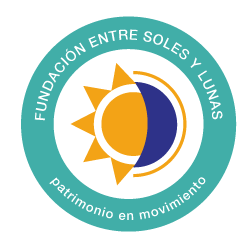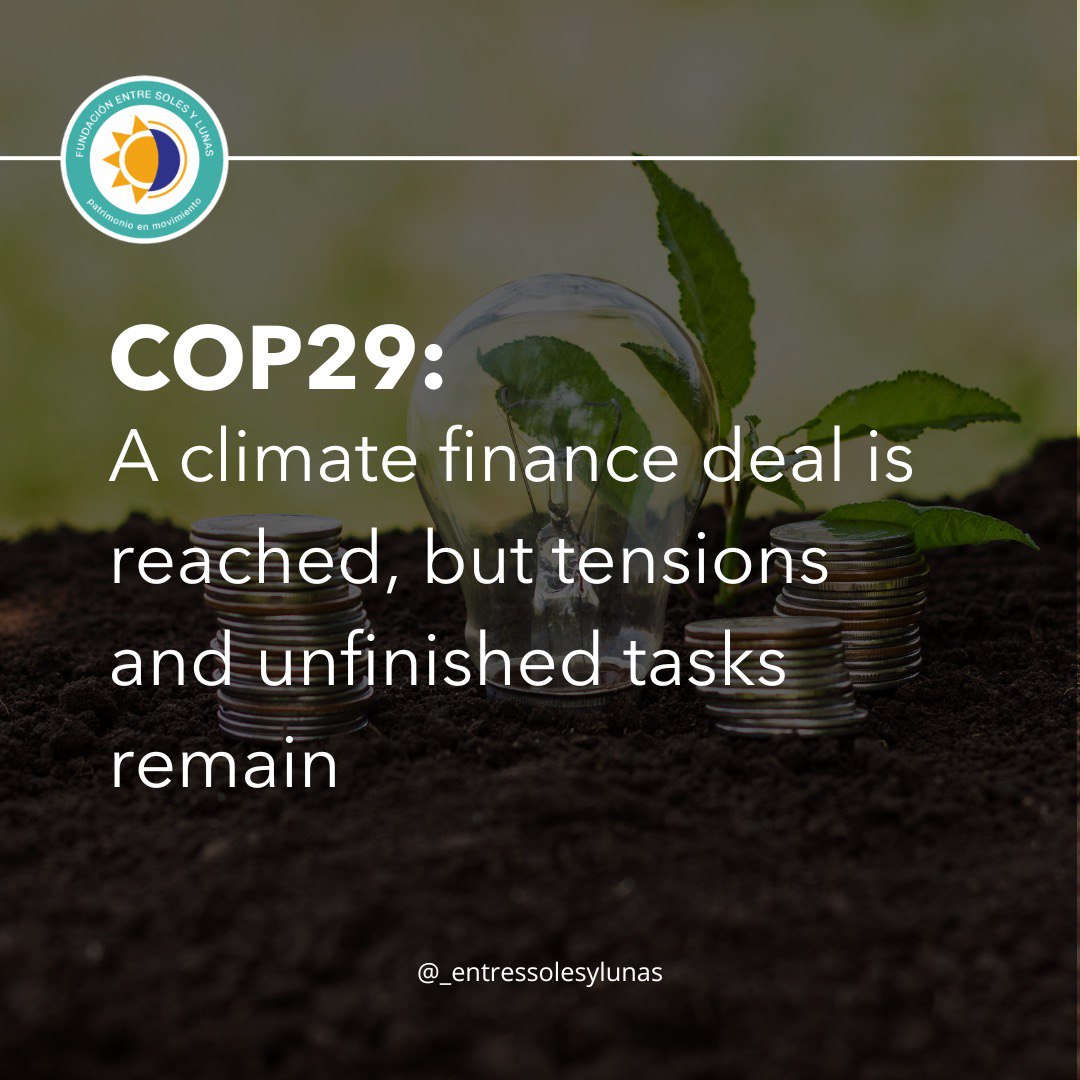By José Manuel Martínez / Translated by Samai Páez
The 29th Conference of the parties on Climate Change (COP29), held in Baku, Azerbaijan, concluded with a signicant climate finance deal, a central issue in the negociations. Two days after the official closure of the event, on November 24, 2024, it was announced a deal which implies a global goal of 300 billion dolars per year until 2035. However, despite this increase, amount remains far from the demands of developing countries, which had requested an annual financing of 1.3 trillion dollars to mitigate and adapt to climate change, as well as embrace clean energy. "The finance proposal does not solve either the climate crisis or the needs of vulnerable countries,"says Daniel Ortega, former Minister of Environment of Ecuador.
The New Collective Quantified Goal (NCQG), in which the 300 billion dollars were approved, leaves on the table that Latin America will have the necessary financing for the performance of the Nationally Determined Contributions which means, the commitments that countries assume to to reduce greenhouse emissions and adapt to the impacts of climate change. In addition, the final text of the NCQG invites countries with the capacity to contribute, including China. However, instead of the contribution going to exceed 300 billion dollars, it was suggested that such contributions help to achieve that goal. Guzman points out that although it is mentioned that the funds intended for repair or economic contribution do not generate debt, he does not make a specific mention of the 300 billion dollars, an aspect that worries experts.
Something "regrettable," Guzmán argues, was the tension between the G77, which brings together developing countries, and the group of least developed countries and islands. The latter advocated receiving priority in access to funds and that its special conditions are recognized in the text. "This was not entirely appropriate for Latin America or Africa,", Guzmán said. The discussions then focused on finding a language that favors the islands and the least developed countries, but without harming other regions, according to the specialists.
Once the agreement was approved, there was applause in plenary, but voices of protestquickly emerged. The intervention of Chandni Raina, negotiator of India, was one of the most forceful: "This will not address the magnitude of the challenge that we all face. Therefore, we oppose the adoption of this document,", she said.
Unfinished Business
At the the finance COPit also reached other important agreements on carbon markets. After almost 10 years of work, the countries approved articles 6.2 and 6.4 of the Paris Agreement; . The first one, establishes trade between countries and the second one the creation of parameters for a centralized carbon market under the command of the United Nations. However, according to Ortega, the COP29 was characterized by a lack of "clarity", since there are still unfinished tasks. For example, no agreements were reached on the Mitigation Work Programme, aimed to increase targets to mitigate climate change; on the Global Stocktaking (GST), which assesses global progress on climate action; or on the Loss and Damage Fund, created to support countries affected by disasters linked to climate change. Discussions will be continued at the intersectional meeting in Bonn, Germany, scheduled for mid-2025, and at COP30 in Brazil..


Leave a Reply